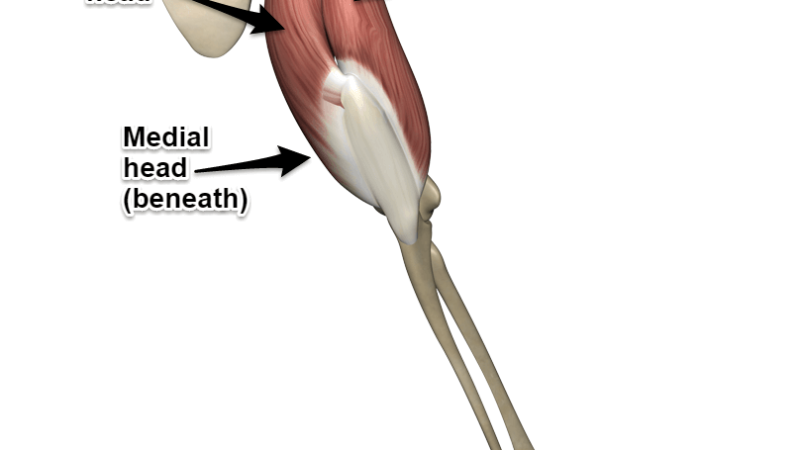The Benefits of Becoming a Point-of-Care Certified Nursing Assistant

Becoming a certified nursing assistant is an important step in pursuing a career in the healthcare industry. There are many benefits to becoming a certified nursing assistant, including the ability to work directly with patients and provide high-quality care. Among the different types of certified nursing assistants, the Point-of-Care Certified Nursing Assistant (POC CNA) stands out for its specialized training and focus on patient-centered care. In this article, we will explore the various benefits of becoming a POC CNA and the steps required to pursue this certification.
What Is a Point-of-Care Certified Nursing Assistant (POC CNA)?
A Point-of-Care Certified Nursing Assistant (POC CNA) is a type of certified nursing assistant that has specialized training in providing direct patient care. This specialized training includes knowledge of medical terminology, patient assessment, and health care procedures. POC CNAs are specifically trained to provide care in the patient’s place of residence, such as a nursing home or assisted living facility. This training allows POC CNAs to provide direct, personalized care to patients and their families in the comfort of their own home.
Benefits of Becoming a POC CNA
The primary benefit to becoming a POC CNA is the ability to provide direct patient care in a variety of settings. POC CNAs are trained to provide a range of services, including assistance with activities of daily living, assistance with medical procedures, and providing emotional support. Additionally, POC CNAs may have access to more flexible hours and higher wages than non-certified CNAs.
POC CNAs are also able to provide direct care in a variety of settings, including nursing homes, assisted living facilities, and private homes. This allows POC CNAs to gain valuable experience in different medical environments and develop a better understanding of the needs of their patients. This can help POC CNAs to provide better care and a more comprehensive understanding of their patients’ needs.
Finally, POC CNAs are able to use their specialized training to provide a higher quality of care to their patients. POC CNAs are trained to recognize signs and symptoms of health conditions and provide the appropriate care to their patients. This specialized knowledge can help to ensure that patients receive the best possible care and have improved health outcomes.
Steps to Becoming a POC CNA
The process to become a POC CNA requires completion of a state-approved nursing assistant program and passing the state-approved certification exam. After completing the necessary coursework and passing the certification exam, POC CNAs must complete a minimum number of hours of clinical training in a healthcare setting. After completing the training, POC CNAs must then pass the state-approved competency exam in order to become certified. Additionally, some states may require POC CNAs to pass a criminal background check and drug test in order to become certified.
Conclusion
Becoming a Point-of-Care Certified Nursing Assistant (POC CNA) is an important step in pursuing a career in the healthcare industry. POC CNAs are able to provide direct patient care in a variety of settings and have access to more flexible hours and higher wages than non-certified CNAs. Additionally, POC CNAs are able to provide a higher level of care to their patients due to their specialized training. In order to become a POC CNA, one must complete a state-approved nursing assistant program, pass the state-approved certification exam, complete a minimum number of hours of clinical training, and pass the state-approved competency exam.






